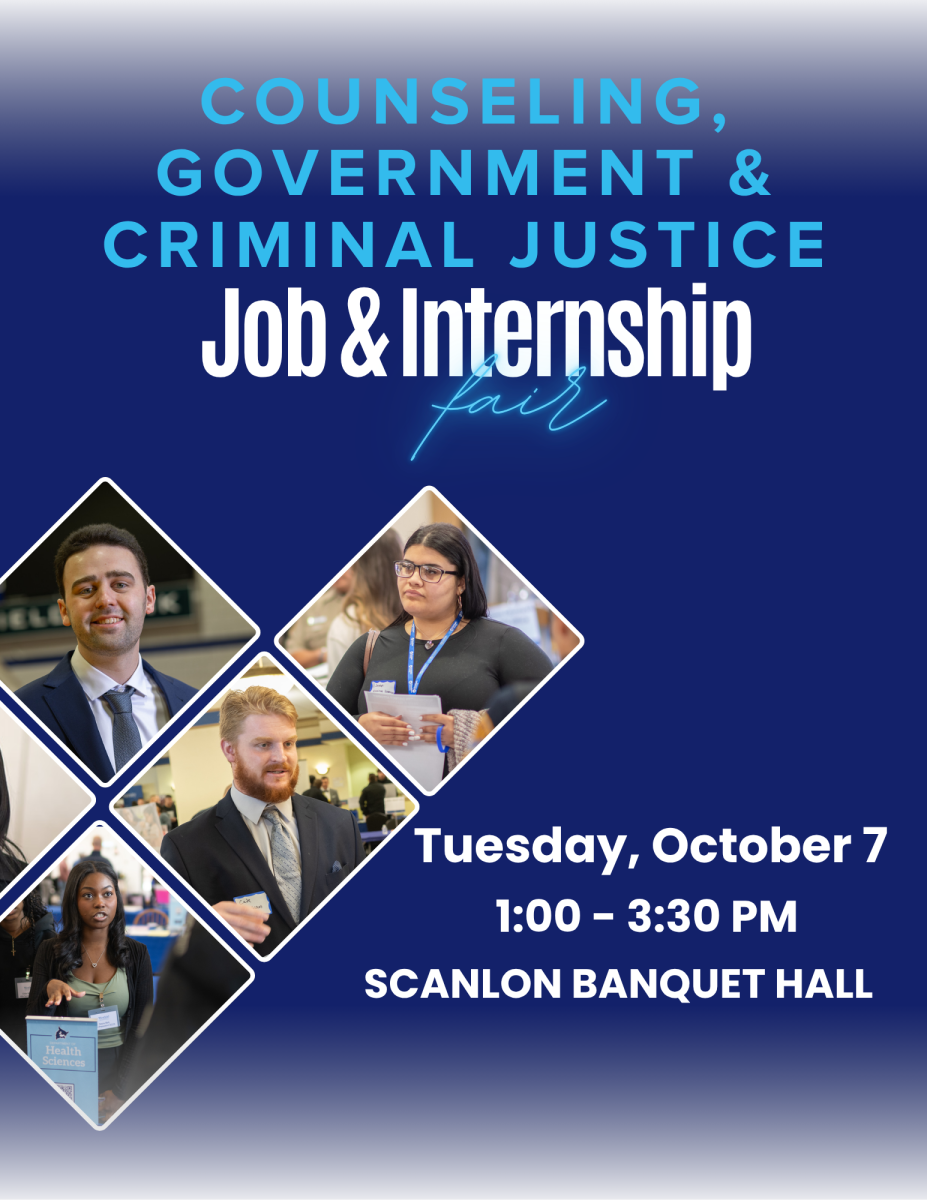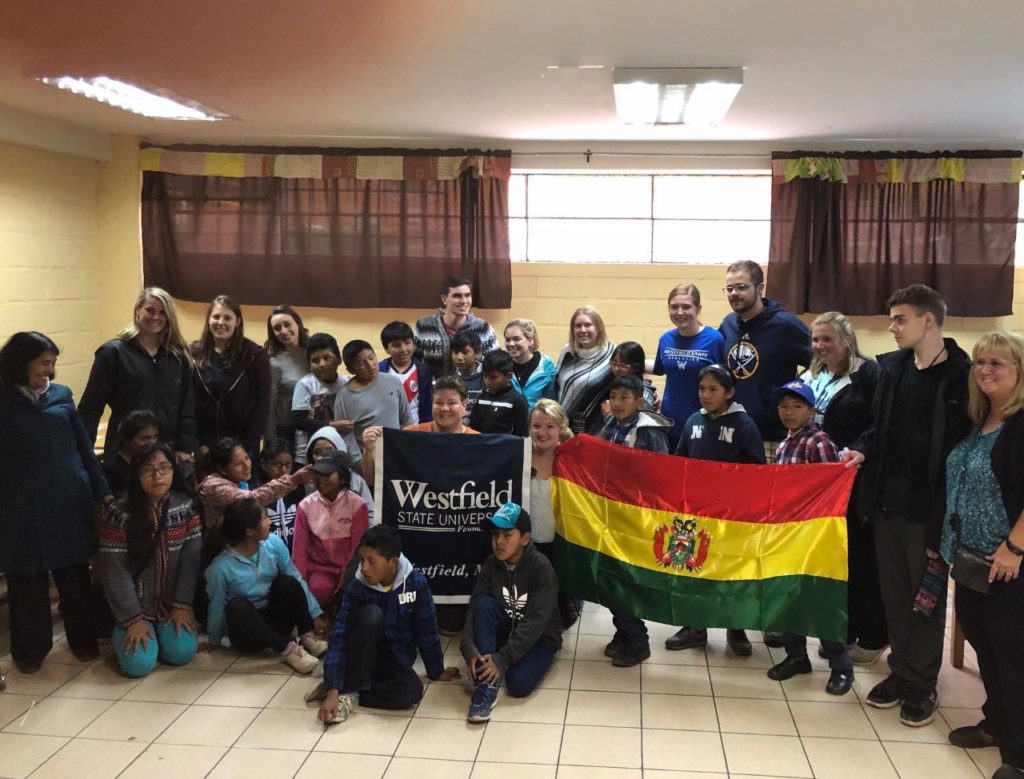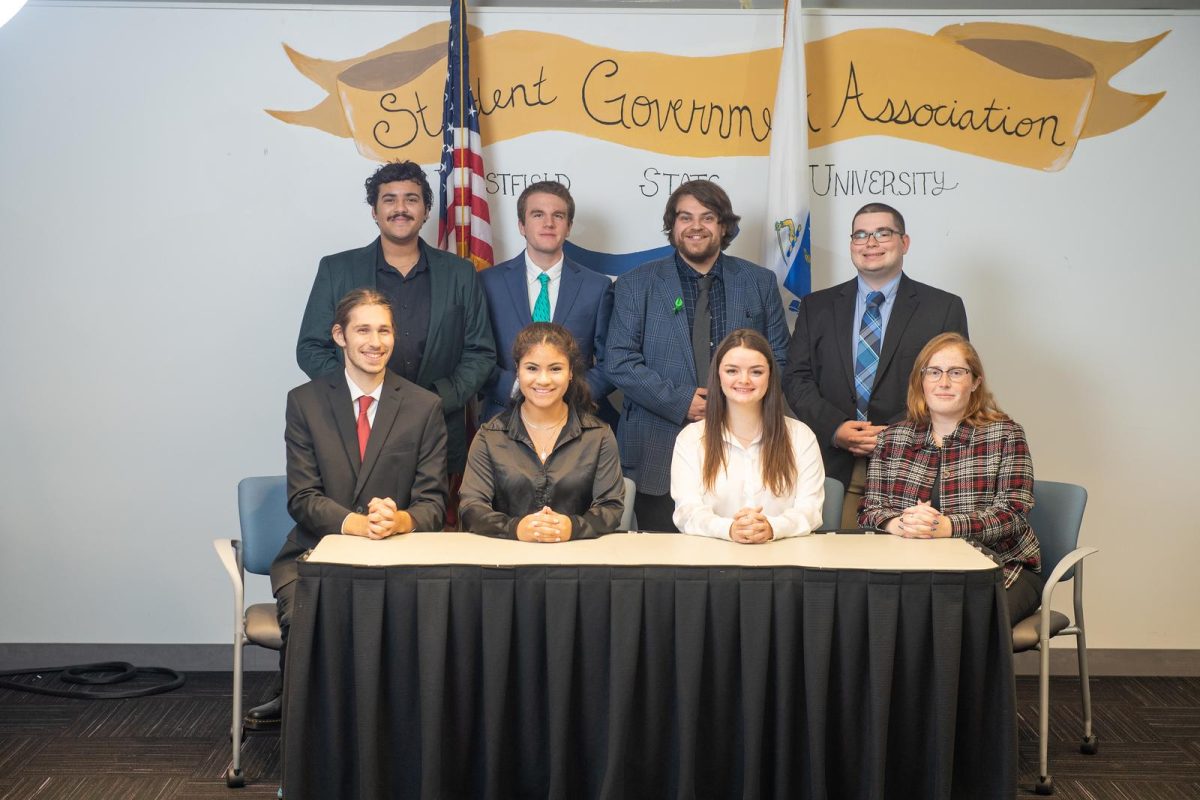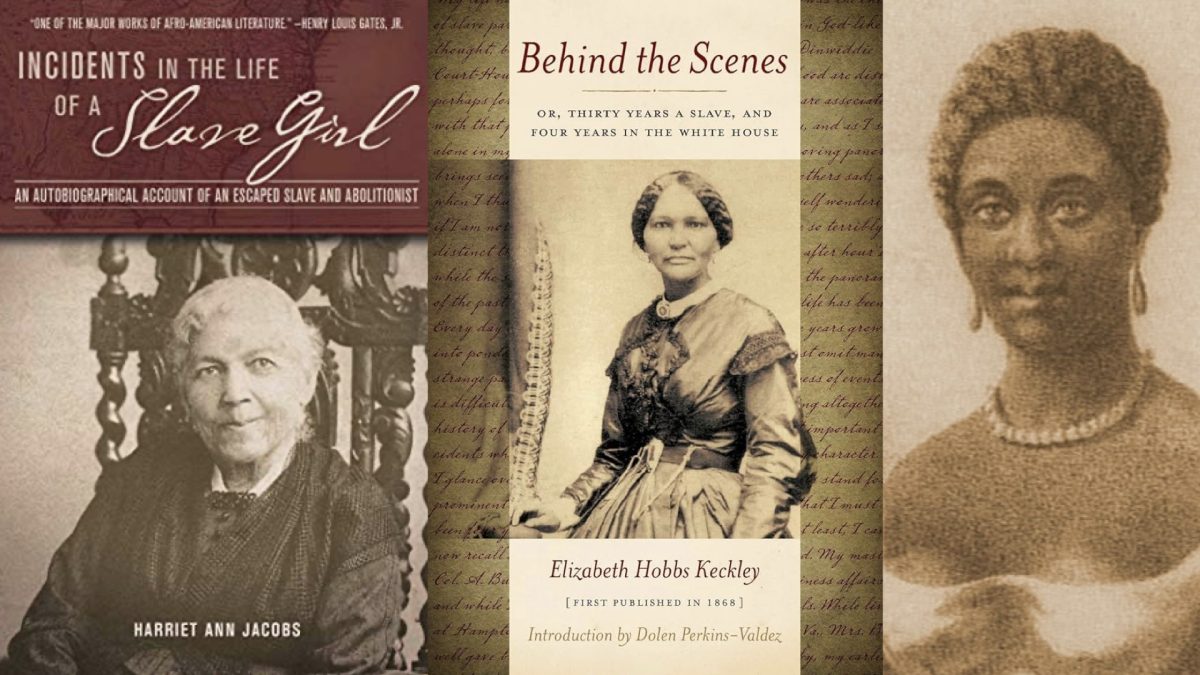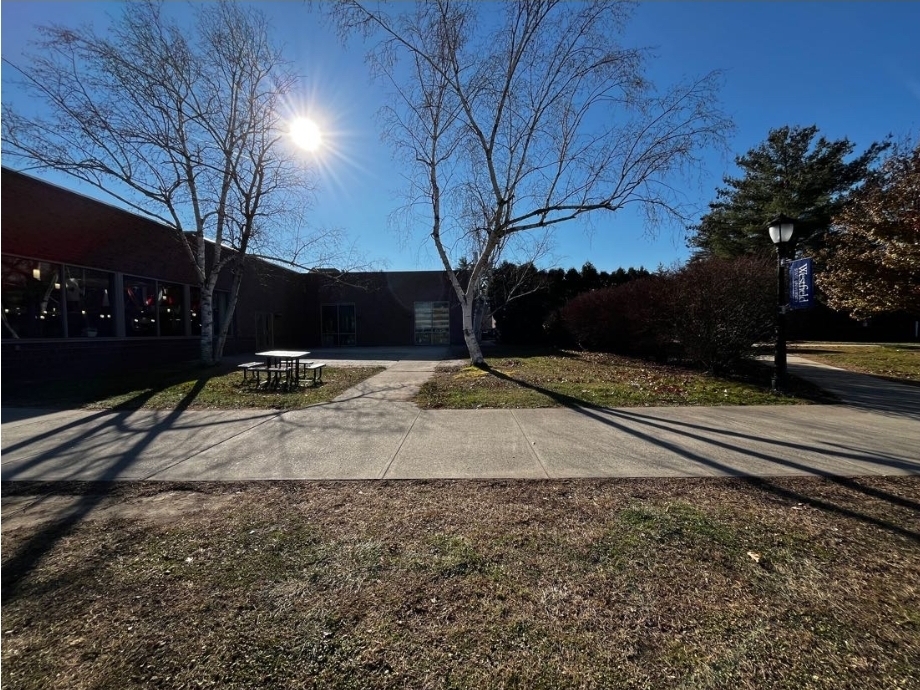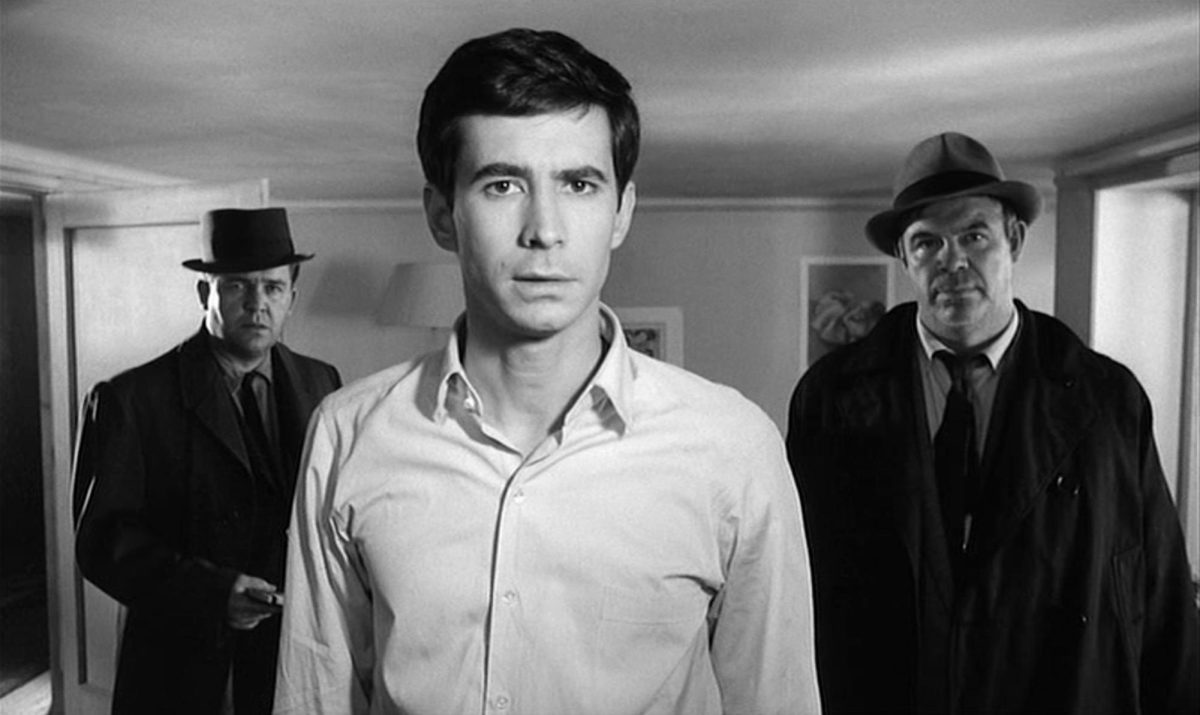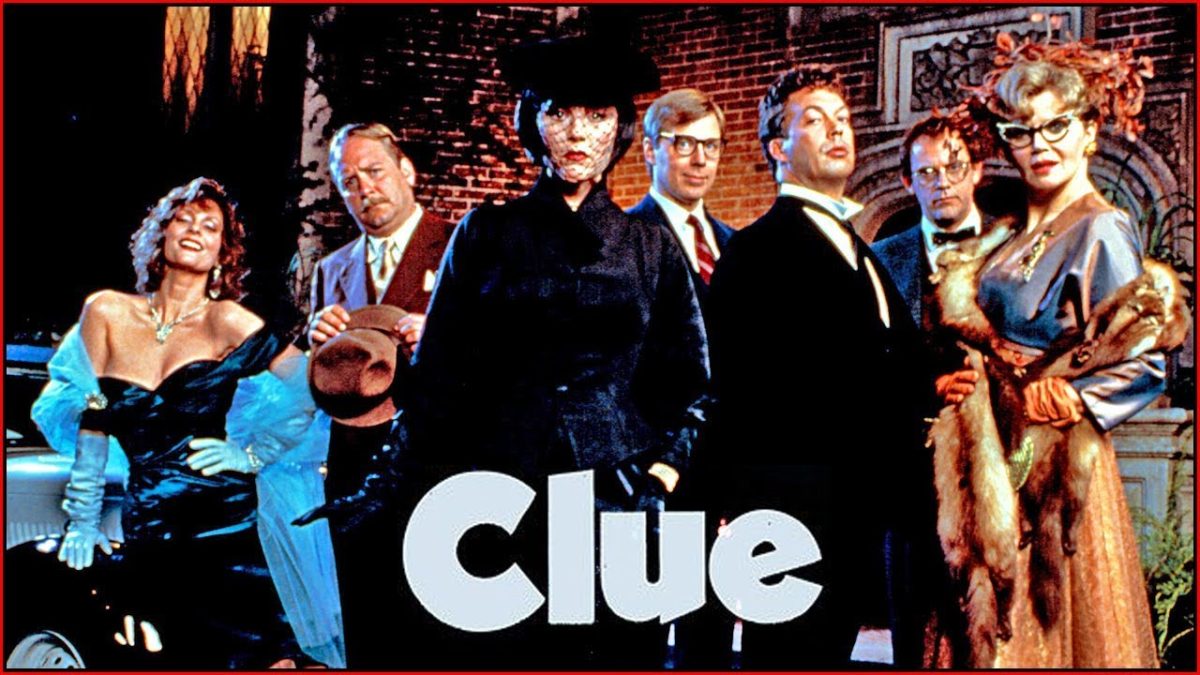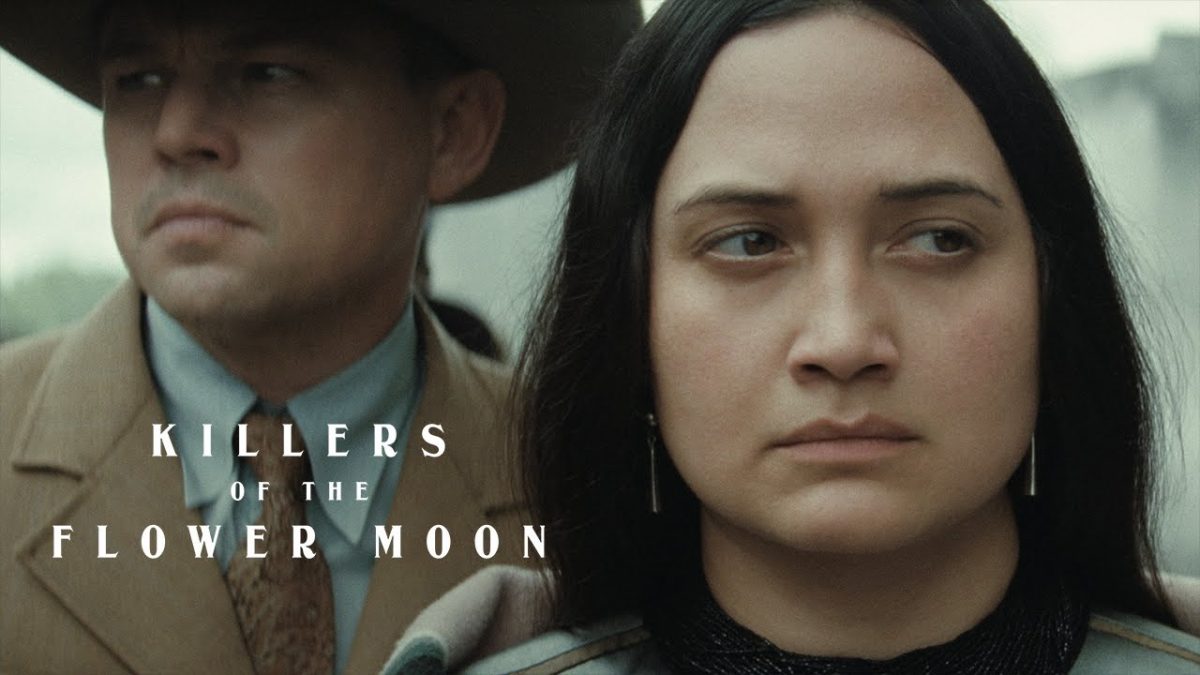It is rumored that it’s impossible to study abroad as an education major. However, it’s time to dispel that rumor. Katheryn Bradford, Director of Institutional Advancement at WSU, discusses a short-term study abroad course (EDUC 0260) that is beneficial for education majors. Bradford takes ten to twenty-five students on this course every January, for two weeks during Winter Break.
Regardless of the location (they have been to Mexico, Ireland, Nicaragua, and Bolivia), Bradford and the students always participate in a combination of service, teaching, and cultural activities. The service is asset-based, meaning the group does what the community says they need help with, instead of what others think the community needs.
In January 2019 Bradford and her students ventured to Bolivia, South America where they served at the Santa Rosa Elementary School. They built a cement covering for the statue of the school’s namesake, Saint Rose, to honor and to protect her from the elements. They also painted a mural to decorate the classroom. Cultural activities included a cooking class, a Chola fighting class, and touring Bolivian salt flats.
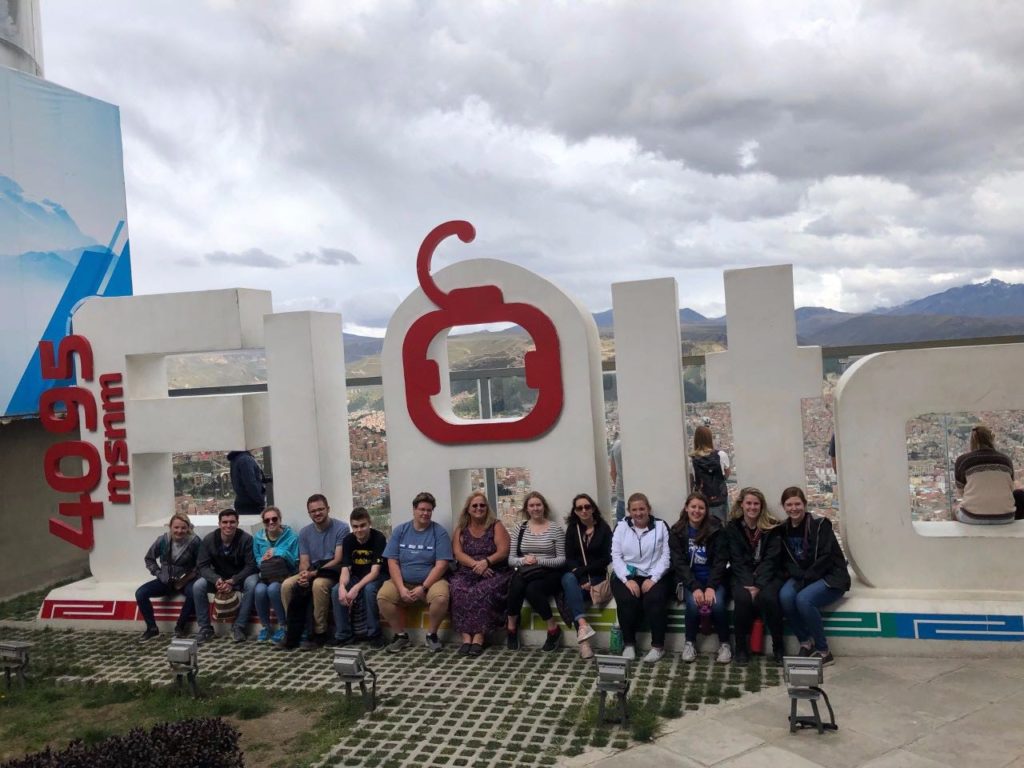
The time WSU students spent teaching the children at Santa Rosa School was the most rewarding, yet most difficult, part of the course. They taught both English and Spanish, and concepts such as how to tell time.
The children spoke almost no English, so WSU students had to rely on their Spanish knowledge or non-verbal forms of communication. However, this language barrier didn’t keep strong bonds from forming.
One of Bradford’s favorite memories was the party at the end of the course. The WSU students, the children from Santa Rosa School and their families gathered together to celebrate what they had accomplished and say their goodbyes. “The happiness was overwhelming,” said Bradford.
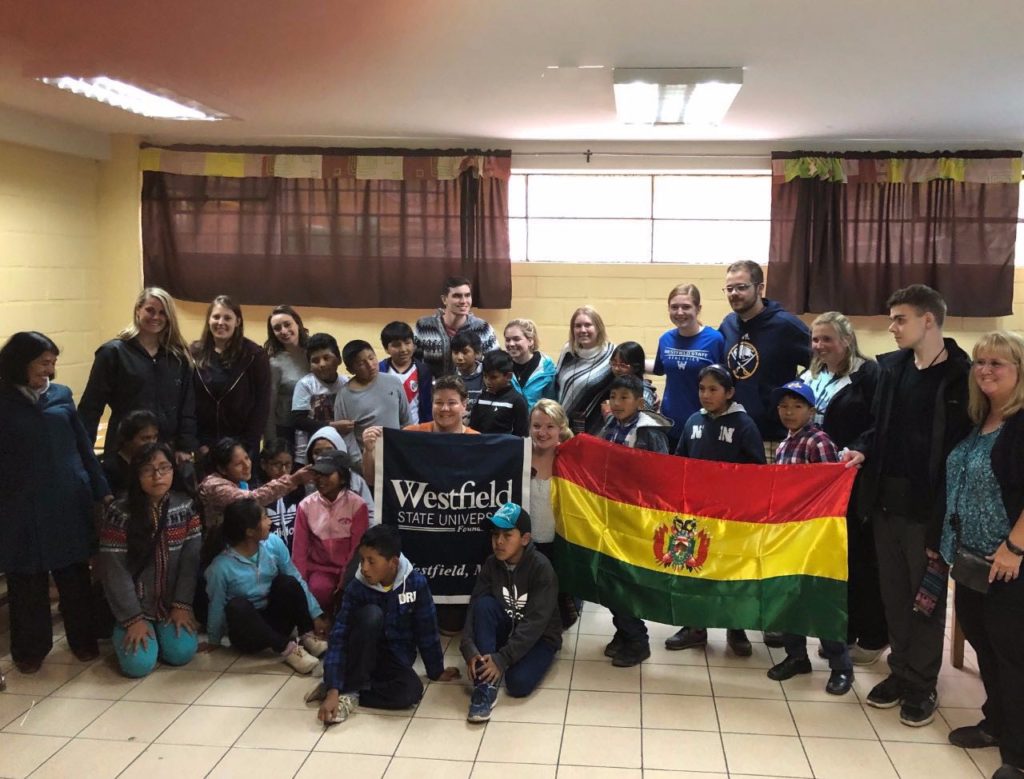
These relationships were especially evident in the previous years, as the course took its participants to the same location in Nicaragua for six years in a row. There WSU students built schools and offices. Bradford recalled the experience, saying, “Some students went every year and we got to watch these children grow up and observe how our service had impacted the community.”
The goal of the course is to allow education majors to improve their abilities as an educator. Here they receive the opportunity to teach in a classroom and overcome language barriers. Bradford expands on this saying, “It’s a very valuable experience. They don’t know where they could end up teaching someday. They could encounter a classroom with children who speak five different languages.”
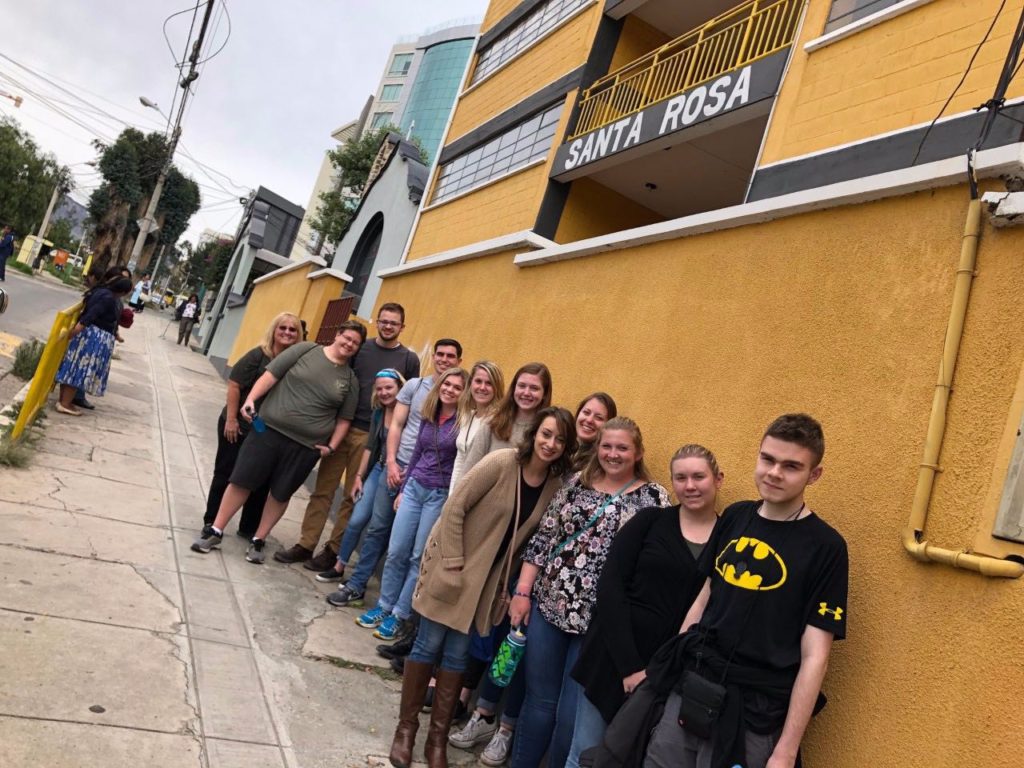
Learning happens on both sides. WSU volunteers are teaching the children, but the children are also teaching the WSU volunteers how to succeed in their future careers.
Although the course provides helpful opportunities to those majoring in education, the course is open to all majors. This includes first year students, an attribute that sets it apart from the other short-term courses offered at WSU.
In fact, Bradford encourages first-year students to take the course saying, “It helps them become aware of their own ability and independence and makes them more likely to pursue other study abroad options later in their college career.”
Cost, Bradford hopes, won’t prevent students from pursuing the experience. The course is $2,800 (one of the cheaper short-term courses offered at WSU), but there are many scholarships available to help any who doubt their ability to fund the course on their own. “It’s different from the debt that comes with funding your general college experience. This is a debt that will change your life.”

